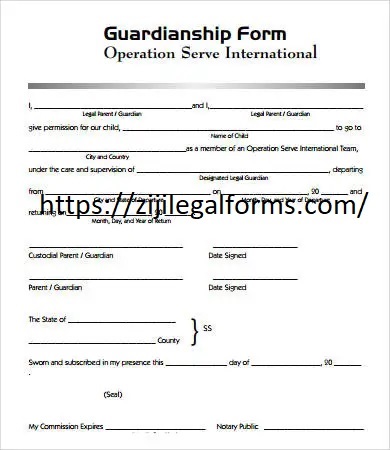The distinguishing feature of unincorporated forms is that they have no separate legal
personality. There are three main forms:
This is the simplest way to set up and run a business: ownership and control of the
business rests with a single individual. Being a Sole Trader is inherently risky because the
individual is not separate from the business and has sole unlimited personal liability for the
business, its debts and contractual obligations, and any claims against it. They own all the
assets of the business and can dispose of them as they wish, and may employ staff and
trade under a business name. However it is unlikely that sole trader status will be suitable
for businesses which need more than a small level of external investment – being
unincorporated limits borrowing and prevents the business raising equity finance by
issuing shares.
Regulation for the Sole Trader is minimal: there is no requirement for a formal constitution
for the business, and no need to register or file accounts and returns with Companies
House. Sole Traders are treated as self-employed by HMRC and must register and make
an annual self assessment tax return – profits from the business are treated as personal
income subject to income tax and national insurance contributions.
Unincorporated Association
Unincorporated Associations are groups that agree, or ‘contract’, to come together for
specific purpose. They normally have a constitution setting out the purpose for which the
association has been set up, and the rules for the association and its members. They are
typically governed by a management committee. All members of the management
committee will again have unlimited personal liability, unless they are specifically
indemnified in the constitution. As for a Sole Trader, there is a limitation on raising finance,
minimal regulation, and self-employed tax status for management committee members.
Partnership
A Partnership is a relatively simple way for two or more legal persons to set up and run a
business together with a view to profit. A partnership can arise, without any formal
agreement, when people carry on a business in common, but typically there is agreement
to trade as a partnership. Partners will usually draw up a legally binding partnership
agreement, setting out such matters as the amount of capital contributed by each partner
and the way in which they will share the profits (and losses) of the business.
Again the Partnership has no separate legal personality. Partners share the risks, costs
and responsibilities of being in business. Because partners generally bear the
consequences of each other’s decisions, partners usually manage the business
themselves, though they can hire employees. Partners usually raise money for the
business out of their own assets, and / or with loans, although again being unincorporated




